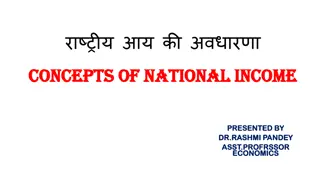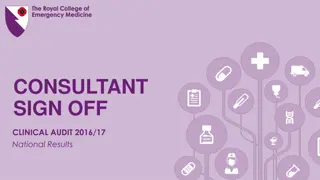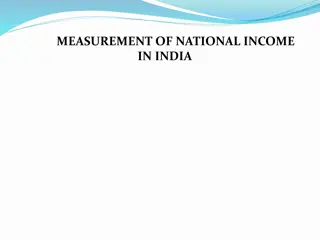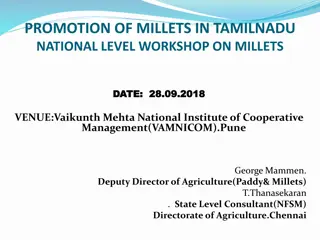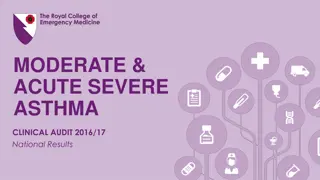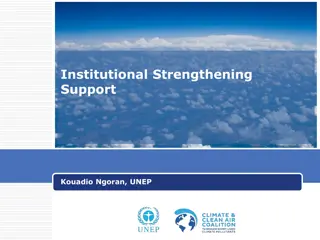
Geography Course: Assessments, Exams & Assignments
Explore the details of a Geography course including formal assessments, exam structure, impact of malaria, importance of homework, and fieldwork assignments. Get insights into the key aspects involved in completing the course successfully.
Download Presentation

Please find below an Image/Link to download the presentation.
The content on the website is provided AS IS for your information and personal use only. It may not be sold, licensed, or shared on other websites without obtaining consent from the author. If you encounter any issues during the download, it is possible that the publisher has removed the file from their server.
You are allowed to download the files provided on this website for personal or commercial use, subject to the condition that they are used lawfully. All files are the property of their respective owners.
The content on the website is provided AS IS for your information and personal use only. It may not be sold, licensed, or shared on other websites without obtaining consent from the author.
E N D
Presentation Transcript
https://encrypted-tbn1.gstatic.com/images?q=tbn:ANd9GcQ8zPOyWN5gClm1QdAbULx8DFTE76GoVks2xFAQyn_t-3_9CcHOhttps://encrypted-tbn1.gstatic.com/images?q=tbn:ANd9GcQ8zPOyWN5gClm1QdAbULx8DFTE76GoVks2xFAQyn_t-3_9CcHO
Human Unit Population Urban landscapes Rural landscapes Physical Unit Coastal landscapes Glaciated landscapes Weather Global Issues Unit Health Health Climate Climate Change Change
There will be formal assessments at various points through the year to determine whether a pupil is National 4 or National 5 January Prelim We have a 2ndprelim around March/April once the course is complete
The exam is 2 hours 20 minutes and is out of 80 marks (80% of overall grade). Some questions ask pupils to describe where pupils are expected to state factual points. For example, describing trends on a map or graph. A lot of questions ask pupils to explain. Explain questions require pupils to use their subject knowledge so say how or why things happen.
Explain the impact of malaria on a country (4 marks) People s income may be so low that they cannot afford sufficient food and so malnutrition and hunger can also be a problem (1). Crops may be left unharvested in the fields because farm workers are too ill to gather them in (1). The whole economy of a malaria affected country can suffer because of low productivity, as much of the workforce is frequently off sick (1). Few tourists want to visit the country because of the threat from malaria, further hitting the country economically (1).
Homework is a vital part of the course pupils need to do it and hand it in on time. The majority of homework will be past paper questions to give them exam practice. It is crucial this is done with full effort at all times to allow us to assess their strengths and weaknesses. Pupils should also be studying regularly at home and have a study timetable to keep things ticking over .
Pupils need to complete an assignment on a Geographical Issue worth 20 marks (20% of the overall grade). There will be a whole class fieldwork trip to collect data. We plan to do fieldwork in early November and work on the assignment through November and December.
Pupils need to make graphs/charts/diagrams/tables/maps about their data and put them on two sheets of A4. Pupils then take the two A4 sheets of paper into the timed assignment. Pupils get 1 hour to write up their assignment they do not get a practice in class time. The assignment is sent away to the SQA to get marked. Pupils are in full control of their assignment if they work hard and spend time on it at home, they will be fully prepared for their write-up.
Practice Papers and Marking Schemes Revision Guide
Note: Past papers from 2017 and before were out of 60 marks, not 80. However questions are still suitable.
Encourage your son/daughter to study regularly at home (if they have homework or not). Discuss topic related issues with them. Read over homework questions and answers. Ensure resources are organised at home. Test pupils using core notes and textbooks. Encourage a structured approach to revision.
Wednesdays (3.15pm- 4.15pm)



